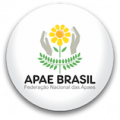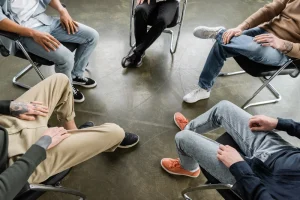
When you take in too much beer, your body loses an excessive amount of fluids. You begin to urinate more often, which can leave you feeling thirstier. You’ll hang on to only about half or a third of the extra water you drink. Most of it will go out in your urine, and you’ll still end up dehydrated at the end of a night of drinking. A careful blend of sodium, magnesium, and potassium, E-Lyte is a must-have for holiday drinking, late-night parties, and the kind of family gatherings that require a little wine (we’ve all been there, no judgment!). It’s formulated to stop dehydration in its tracks and boost your energy and mental clarity.
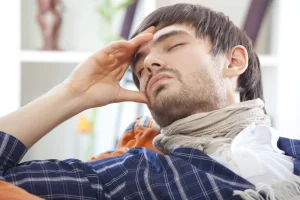
Alcohol Dehydration Symptoms
Alcoholic beverages such as beer, wine, and liquor increase urine output and could cause dehydration if consumed in large amounts. Caffeinated energy drinks may also contain ingredients that increase urine production and contribute to dehydration. A lower-alcohol beer, if you don’t drink too many, will be less dehydrating than wine or hard liquor, since beer generally has a lower Sober living house alcohol content. No matter what you choose to drink, drinking slowly and savoring your drink is a good way to moderate your total alcohol consumption and minimize alcohol’s dehydrating effects.
Tips to avoid dehydration
You might assume that any fluid intake should contribute to your hydration level. However, alcohol is more complicated, and consumption of alcoholic beverages may not give you a hydration boost. In addition, cocktails with sugary mixers or caffeinated alcoholic beverages can amplify fluid loss and worsen alcohol-related dehydration. Drinks with higher alcohol content, including vodka, whiskey, and rum, can have a stronger dehydrating effect than beverages with lower alcohol content, such as beer or wine. It’s generally believed that for every gram of alcohol consumed, the kidneys produce around ten milliliters of urine, which increases fluid loss and contributes to dehydration. The Centers for Disease Control and Prevention (CDC) recommends that men don’t exceed two alcoholic drinks in a day and that women limit alcoholic beverages to one drink or less.
Alcohol’s components are flushed from the body
Relatedly, alcohol consumption can also cause vasodilation, which is the widening of blood vessels. The best way to consume a beer is to drink it with a glass of water. Water will help your body function most efficiently and reduce the chances of getting dehydrated. Your body has detectors that can sense both the saltiness of your water, and the volume of the water. If these detectors reckon that you are dehydrated, they send a signal to the posterior pituitary gland, which starts pumping out ADH.
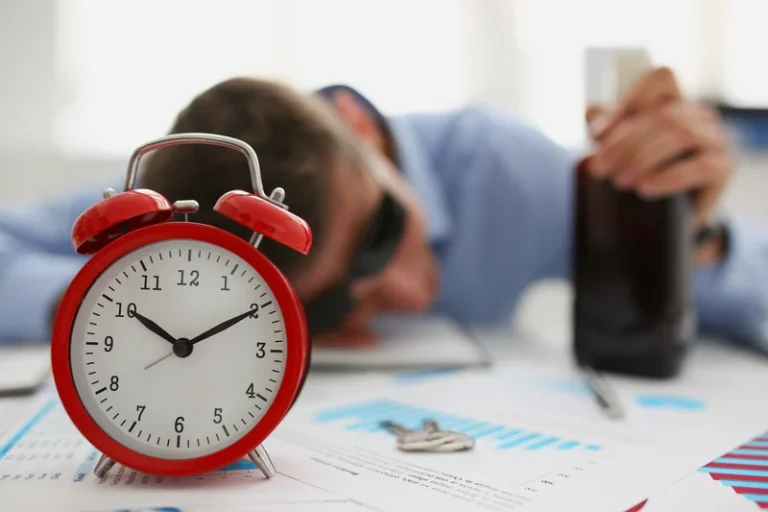
Alcohol and energy drinks
But beyond the type of alcohol you’re imbibing, you might not realize how much dehydration enters into the hangover equation. Some drinks are more dehydrating than others, but the amount of dry mouth you wake up with has more to do with alcohol volume, how much you drink per session, and what you combine with your favorite tipple. Sugary and caffeinated drinks can have diuretic effects similar to alcohol, leading to further dehydration. So don’t mix your alcohol with these or drink them between alcoholic beverages.
- To stay hydrated, a person needs to take steps before, during, and after alcohol consumption.
- You’ll also want to include a quick dose of electrolytes, which work on a cellular level to carry much-needed fluids in and out of the cell.
- So don’t mix your alcohol with these or drink them between alcoholic beverages.
- Several studies have found that increased alcohol intake doesn’t correlate with decreased vasopressin levels 1011—so is alcohol really suppressing vasopressin?
- Having one glass of wine with dinner will likely not cause dehydration.
- The higher the alcohol content, the more dehydrating the drink will be.
- In addition to water loss, drinking alcohol can also lead to electrolyte imbalance—especially sodium.
- Although it’s unknown whether alcohol dehydrates muscle, it still has an effect.
- Dehydration can also cause fatigue and drowsiness, which can increase the risk of accidents, particularly when driving or operating heavy machinery.
So you won’t feel extremely dehydrated as quickly afterward. Because a beer — consumed slowly — is the least dehydrating, it’s easy to jump to the conclusion that liquor is always the most dehydrating alcohol. In fact, why does beer dehydrate you a mixed drink can be more hydrating (okay, okay, less dehydrating) than taking a shot. But how does alcohol actually cause those unpleasant symptoms?
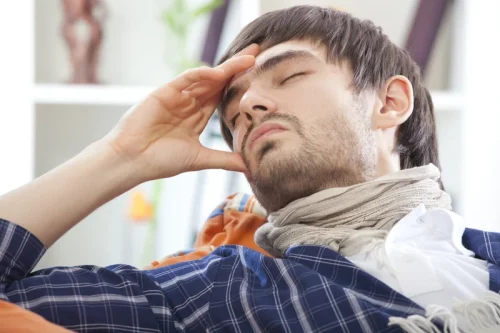
Dehydration can be dangerous and even life-threatening if left untreated. Continue reading the article to learn some interesting facts about why you should not rely on beer as a hydrating drink and how you can consume beer yet keep yourself hydrated. No hangovers are complete without chugging a few glasses of beer. So, when you’re planning to drink, make sure to keep an ample supply of water.
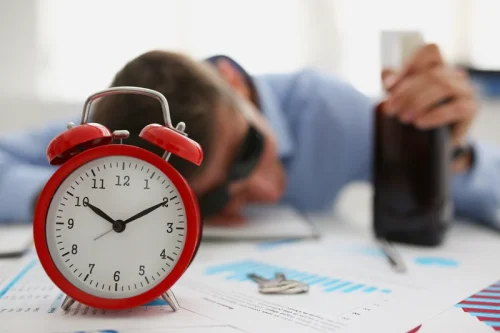
While it can be tempting to consume alcohol on a hot summer day, the combination of high temperatures and alcohol can cause considerable fluid loss and dehydration. While drinking plenty of water is crucial to compensate for the fluid loss caused by alcohol, water alone will not hydrate you. While mild dehydration isn’t anything to worry about and can quickly be remedied by drinking water, moderate or severe dehydration can impair critical physiological functions. Drinking water alongside alcohol, eating before you start drinking, and drinking water and solute, especially protein, after consuming alcohol can help lessen these effects, but it will not prevent them entirely. Drinks with a higher alcohol content — and therefore more potential to dry you out — include vodka, gin, rum, and whisky.
